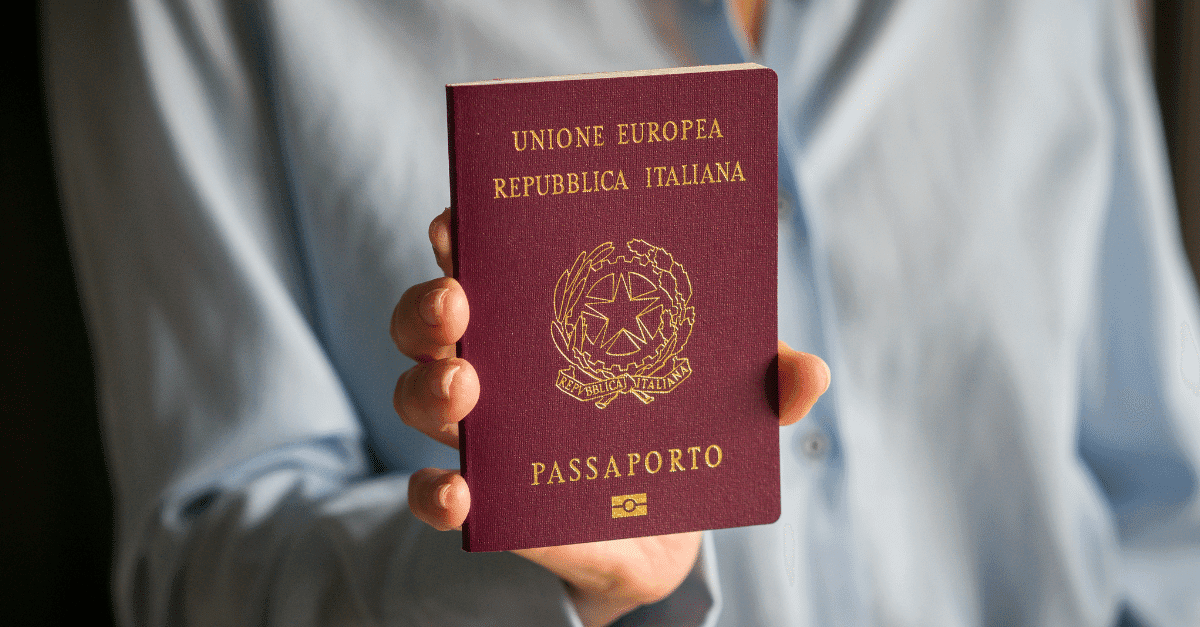
Portugal Digital Nomad Visa Requirements: 8 Legal Mistakes To Avoid
This guide highlights the most common mistakes applicants make and explains how legal experts help ensure a stress-free application process.
Stay ahead with the latest legal insights and updates for stress-free living.
You can also search for the news you want:



This guide highlights the most common mistakes applicants make and explains how legal experts help ensure a stress-free application process.

In this guide, our trusted team of Italian lawyers will explain everything you need to know about acquiring Italian citizenship in 2025.

This guide will help small business owners in Spain understand the basics of data protection, why it’s critical, and how to handle it effectively.

Our team of legal experts will explore everything you need to know about the income requirements for the Spain Non-Lucrative Visa.

Have you ever dreamed of being a citizen of two countries at the same time? With dual citizenship, you can enjoy the rights and benefits

In this blog, our team of trusted Italian lawyers will guide you through a detailed step-by-step checklist to simplify your move and take the hassle out of retiring in Italy.

In this blog, our trusted immigration lawyers will break down the key Portugal D7 Visa requirements—so you can take the next step with confidence.

In this blog, Lexidy’s immigration experts will guide you through the different ways to achieve Spanish citizenship.

In this guide, our team of trusted immigration lawyers will explain everything you need to know about obtaining Spanish citizenship through marriage.

In this Q&A guide, Lexidy’s immigration lawyers will answer your most common questions about the 90-day rule in Spain.

In this guide, our expert lawyers will break down the different long-stay visa options, with a focus on the Visitor Visa, and walk you through the application process step by step.

In this blog post, our team of legal experts will explore the top tax-saving strategies for business owners in Spain.
Step confidently into your international future, armed with clarity and supported by expert legal guidance every step of the way.